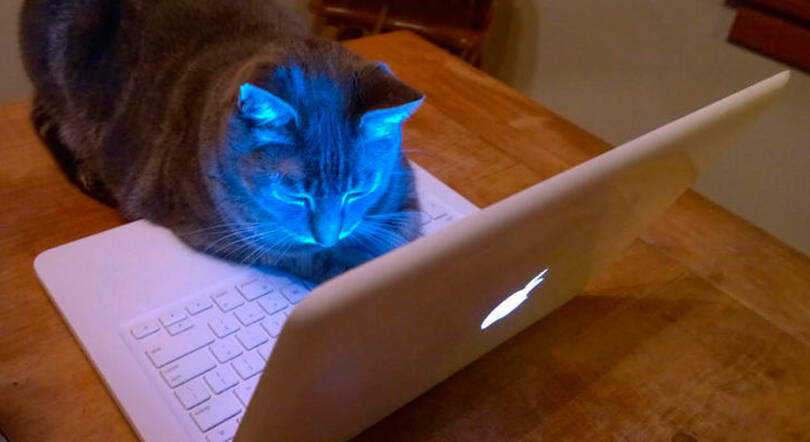By Morf Morford, Tacoma Daily Index
From about mid-2020, many of us, from elementary school students to those of who could work from home, became more dependent on the internet than any of us could have imagined just a few months before.
From Zoom meetings to online schooling or shopping, or binge video streaming, staring at a screen became something almost all of us did almost constantly.
For many of us, our online existence was economic or even mental health salvation, for others it was yet another set of endless learning curves.
Our online presence provided income, distraction and something approximating social interaction, and most of the time, most of us were glad to have it.
And we were willing to pay for it.
Oddly enough, before the pandemic, Tacoma had its own city-wide, hard-wired, internet system.
Our public relations term for our city owned (Tacoma Public Utilities, TPU) system and how it defined us was “The most wired city”.
Click Network – formally known as Click! Cable TV – was the city of Tacoma’s municipally-owned cable and broadband internet network.
It began in the 1990s and grew out of a fiber optic network built by Tacoma Power to improve maintenance and efficiency of the power grid.
With excess capacity built in, TPU could give Tacoma-area cable customers an alternative to TCI, which had a monopoly in the area and was renowned for its erratic service – and unreasonable prices.
Click internet was sold indirectly to customers through two internet service providers – Advanced Stream and Rainier Connect – who leased space on the Click network.
Advanced Stream and Rainier Connect were/are local businesses with immediate access for customers.
Click’s lower-than-average rates back then also benefited Comcast customers in the Tacoma area – Comcast’s rates back then tended to be lower here than in other cities.
Click management estimated that their costs were 15 to 30 percent lower than what Comcast charged.
Since Click was a public utility, any rate increases had to be approved by Tacoma’s City Council.
Toward the end of 2016, the Tacoma City Council ordered an independent audit of Click’s finances.
Depending on how you interpret their findings, Click either made or lost money for the city.
To put it mildly, it is was crazy complicated.
In the end, Click was parted-out and sold to the highest/lowest bidder.
As is usual with Tacoma politics and processes, questions abound.
Based on precedent, if not law, any disbursement of a public utility (or part of a utility) should have gone to a public vote.
As we know now, web access became even more essential, if not universal since 2020.
Even if Click had not been profitable before 2020, it certainly would have been after that year.
There is something remarkable about public utilities – they provide a range of essential services, not for profit, but for the benefit of members/owners.
In a way, it’s kind of a crazy idea, but one that keeps prices low and allows for longer range investment in infrastructure for the provision of services far into the future.
Investment in the “wired” future of Tacoma was visionary.
I’m not convinced that getting rid of Click was a such a good idea.
****
In the spirit of full-disclosure, I was a subscriber to Click via Advanced Stream for many years.
Their service was exceptional and reliable – and affordable.
Their office (on 6th Avenue) was always open with immediate assistance.
We have since then been with Rainier Connect and, to put it diplomatically, their service (and speed) is not even close to Advanced Stream.
But, from what I hear from friends, it is better than Comcast.
As in many other cases, local is almost always better than some distant corporate office.





